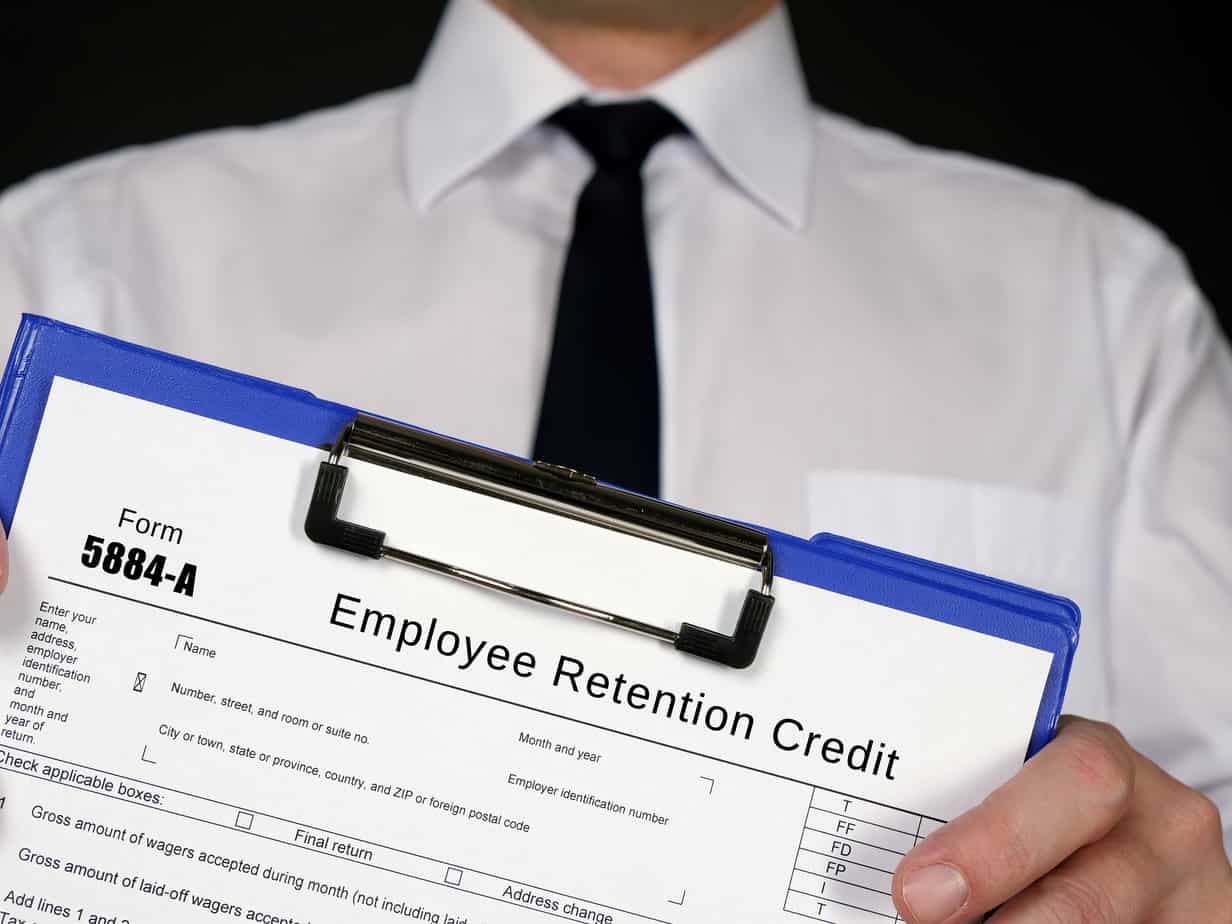

Finance
How Many Payday Loans Can I Get At Once?
Published: February 17, 2024
Learn about the maximum number of payday loans you can obtain at once and manage your finances wisely. Get expert advice on multiple payday loans.
(Many of the links in this article redirect to a specific reviewed product. Your purchase of these products through affiliate links helps to generate commission for LiveWell, at no extra cost. Learn more)
Table of Contents
Understanding the Dynamics of Multiple Payday Loans
Introduction
When unexpected financial challenges arise, many individuals turn to payday loans as a quick solution to cover their expenses. Payday loans, also known as cash advances, are short-term, high-interest loans that are typically due on the borrower’s next payday. While these loans can provide immediate relief, it’s crucial to understand the implications of taking out multiple payday loans simultaneously. This article aims to shed light on the legal restrictions, potential risks, and alternative options associated with obtaining multiple payday loans at once, empowering borrowers to make informed financial decisions.
As the demand for quick and accessible financial assistance continues to grow, the prevalence of payday loan providers has increased. These lenders often target individuals facing urgent financial needs, offering fast approval processes and minimal documentation requirements. While the accessibility of payday loans can be appealing, it’s essential to evaluate the potential consequences of relying on multiple payday loans to address financial gaps.
By examining the legal limitations, inherent risks, and alternative avenues available to borrowers, this article aims to provide a comprehensive understanding of the implications of obtaining multiple payday loans simultaneously. Through this exploration, readers will gain valuable insights into managing their financial needs while considering the potential impact of multiple payday loans on their overall financial well-being.
Understanding Payday Loans
Payday loans serve as a short-term financial solution for individuals facing unexpected expenses or cash shortages between paychecks. These loans are typically characterized by their swift approval process and minimal eligibility requirements, making them an accessible option for individuals with urgent financial needs. Borrowers can secure payday loans by providing proof of income and a post-dated check or authorizing an electronic funds transfer to cover the loan amount and fees.
One of the defining features of payday loans is their high cost, often accompanied by exorbitant interest rates. Lenders justify these rates by emphasizing the short-term nature of the loans and the perceived risk associated with lending to individuals with limited credit history or lower credit scores. However, the cumulative cost of multiple payday loans can quickly escalate, leading borrowers into a cycle of debt and financial strain.
It’s essential for borrowers to carefully assess their financial circumstances and evaluate the true cost of payday loans before committing to multiple loan agreements. While these loans can offer immediate relief, their long-term implications, especially when obtained concurrently, warrant thorough consideration. Understanding the terms, fees, and repayment expectations associated with payday loans is crucial in making informed decisions regarding one’s financial well-being.
Furthermore, the accessibility and convenience of payday loans can sometimes overshadow the potential risks and long-term financial repercussions. By gaining a comprehensive understanding of the intricacies of payday loans, borrowers can navigate their options more effectively and explore alternative avenues that align with their financial goals and stability.
Legal Restrictions on Multiple Payday Loans
As the popularity of payday loans has grown, regulatory measures have been implemented to address the potential risks associated with these financial products, particularly when obtained in multiples. Many states and jurisdictions have established laws and regulations to govern the payday lending industry, including restrictions on the number of loans a borrower can obtain simultaneously.
These legal restrictions aim to protect consumers from falling into a cycle of debt by obtaining multiple payday loans, which can exacerbate their financial challenges. While the specific regulations vary by location, they often include limitations on the total loan amount a borrower can have outstanding at any given time and may also impose waiting periods between successive loans to prevent borrowers from relying excessively on these high-cost borrowing options.
It’s crucial for borrowers to familiarize themselves with the payday loan regulations in their respective states or jurisdictions to ensure compliance and make informed decisions regarding their financial needs. By understanding the legal framework governing payday lending, individuals can navigate their options responsibly and avoid potential pitfalls associated with multiple payday loans.
Before pursuing additional payday loans, borrowers should research the laws and regulations applicable to their area and consider consulting with financial advisors or consumer protection agencies to gain a comprehensive understanding of their rights and obligations as payday loan consumers.
By adhering to the legal restrictions and exercising prudence when considering multiple payday loans, borrowers can safeguard their financial well-being and explore alternative avenues that align with their long-term financial stability.
Risks of Multiple Payday Loans
While payday loans can provide immediate relief in times of financial strain, obtaining multiple payday loans concurrently poses significant risks that can exacerbate an individual’s financial challenges. It’s essential for borrowers to be aware of these risks to make informed decisions regarding their financial well-being.
- Debt Cycle: Relying on multiple payday loans can lead to a cycle of debt, where borrowers struggle to repay the accumulated loan amounts and associated fees, often resulting in the need for additional borrowing to cover existing obligations.
- Financial Strain: The cumulative cost of multiple payday loans, coupled with high-interest rates and fees, can place immense strain on a borrower’s finances, potentially leading to long-term repercussions on their overall financial stability.
- Credit Score Impact: Failing to repay multiple payday loans can negatively impact an individual’s credit score, limiting their access to traditional credit products and potentially hindering their financial prospects in the future.
- Legal Ramifications: Defaulting on multiple payday loans can result in legal actions and collection efforts by lenders, further compounding the borrower’s financial challenges and creating additional stress and anxiety.
- Stress and Anxiety: The burden of managing multiple payday loans can take a toll on an individual’s mental and emotional well-being, contributing to heightened stress and anxiety related to their financial situation.
By understanding the risks associated with multiple payday loans, borrowers can evaluate their options more effectively and seek alternative strategies to address their financial needs without succumbing to the potential pitfalls of high-cost, short-term borrowing.
It’s crucial for individuals considering multiple payday loans to explore financial counseling resources and debt management solutions to mitigate the risks and establish a sustainable path toward financial stability. By proactively addressing their financial challenges and seeking support, borrowers can navigate their circumstances with resilience and make informed decisions that align with their long-term well-being.
Alternatives to Multiple Payday Loans
When facing financial constraints, exploring alternative options to multiple payday loans can provide a more sustainable approach to addressing immediate monetary needs. By considering the following alternatives, individuals can navigate their financial challenges with greater resilience and minimize the potential risks associated with high-cost, short-term borrowing.
- Emergency Savings Fund: Building and maintaining an emergency savings fund can serve as a proactive strategy to address unexpected expenses without resorting to payday loans. By setting aside a portion of their income regularly, individuals can create a financial safety net to cover unforeseen costs.
- Personal Installment Loans: Seeking personal installment loans from reputable financial institutions or online lenders can provide a more affordable and structured borrowing option, allowing borrowers to repay the loan amount and interest over a fixed period with manageable installment payments.
- Credit Union Programs: Credit unions often offer small-dollar loan programs with favorable terms and lower interest rates compared to traditional payday loans, providing members with access to responsible and affordable lending options.
- Negotiating Payment Plans: When facing financial hardships, individuals can explore the possibility of negotiating payment plans with service providers, landlords, or creditors to manage their obligations without resorting to additional borrowing.
- Community Assistance Programs: Seeking assistance from local community organizations, non-profit agencies, or religious institutions can provide access to financial assistance, counseling services, and resources to address immediate needs without incurring high-cost debt.
By exploring these alternatives, individuals can proactively address their financial challenges while minimizing the risks associated with multiple payday loans. It’s crucial for borrowers to assess their options carefully, seek guidance from financial professionals, and consider the long-term implications of their financial decisions to establish a sustainable path toward financial stability.
Furthermore, cultivating financial literacy and practicing prudent money management can empower individuals to navigate unforeseen expenses and financial setbacks with confidence, reducing their reliance on high-cost borrowing and promoting a more resilient and secure financial future.
Conclusion
Obtaining multiple payday loans simultaneously can introduce significant financial risks and challenges for individuals seeking immediate relief from monetary constraints. While payday loans offer accessibility and quick approval processes, the potential repercussions of relying on multiple high-cost, short-term loans warrant careful consideration and evaluation of alternative financial strategies.
By understanding the legal restrictions, inherent risks, and available alternatives associated with multiple payday loans, borrowers can make informed decisions that align with their long-term financial well-being. It’s essential for individuals to prioritize financial literacy, explore proactive savings strategies, and seek responsible lending options to address their immediate monetary needs without succumbing to the pitfalls of high-cost borrowing.
Furthermore, accessing community resources, seeking guidance from financial professionals, and cultivating prudent money management habits can empower individuals to navigate their financial challenges with resilience and foresight. By proactively addressing their financial needs and considering the long-term implications of their borrowing decisions, individuals can establish a sustainable path toward financial stability and minimize the impact of high-cost debt on their overall well-being.
Ultimately, the decision to pursue multiple payday loans should be approached with careful consideration of the associated risks and a comprehensive understanding of available alternatives. By prioritizing financial empowerment, prudent decision-making, and proactive financial planning, individuals can navigate their monetary challenges with confidence and work toward a more secure and resilient financial future.














